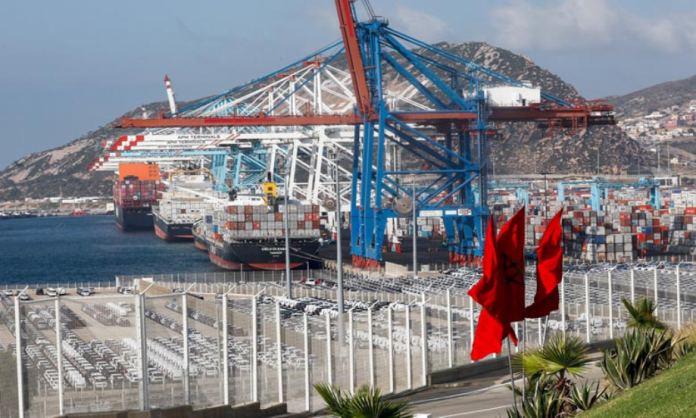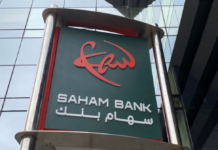The government has set a clear fiscal target for the 2026–2028 period: reduce the public deficit to 3% of GDP and keep it there. This objective, outlined in the Ministry of Economy and Finance’s newly released report on budget execution and macroeconomic planning, will be one of the central pillars of the upcoming finance bill.
To meet this goal, authorities are preparing to enforce strict spending discipline across the board. One of the main strategies involves cutting back on operational costs. Government agencies will be under increased scrutiny when it comes to their use of water, electricity, telecom services, travel expenses, and event-related spending. Even commissioned studies will be evaluated with a sharper lens to ensure necessity and cost-effectiveness.
Human resource optimization is also on the agenda. The government plans to redeploy or strengthen staffing where gaps exist, especially at the regional level. On the investment side, funding will be prioritized for projects linked to agreements signed in the presence of King Mohammed VI, as well as those backed by international partners. Accelerating the completion of ongoing infrastructure works is seen as key to improving the efficiency of public spending.
Another major reform in the pipeline involves tightening the rules around expropriation for public use. Before any new project is launched, the government wants to resolve land ownership issues in advance to avoid costly legal disputes and delays. Similarly, new rules will be imposed to control the purchase of government vehicles and the construction of administrative buildings.
These measures will apply not only to central government bodies but also to autonomous state services, special treasury accounts, and public institutions. The three-year budget plan—revised annually—is part of a broader push to embed a multi-year perspective into fiscal management. The idea is to ensure long-term financial sustainability, offer better visibility for public managers, and improve the transparency of public accounts.





